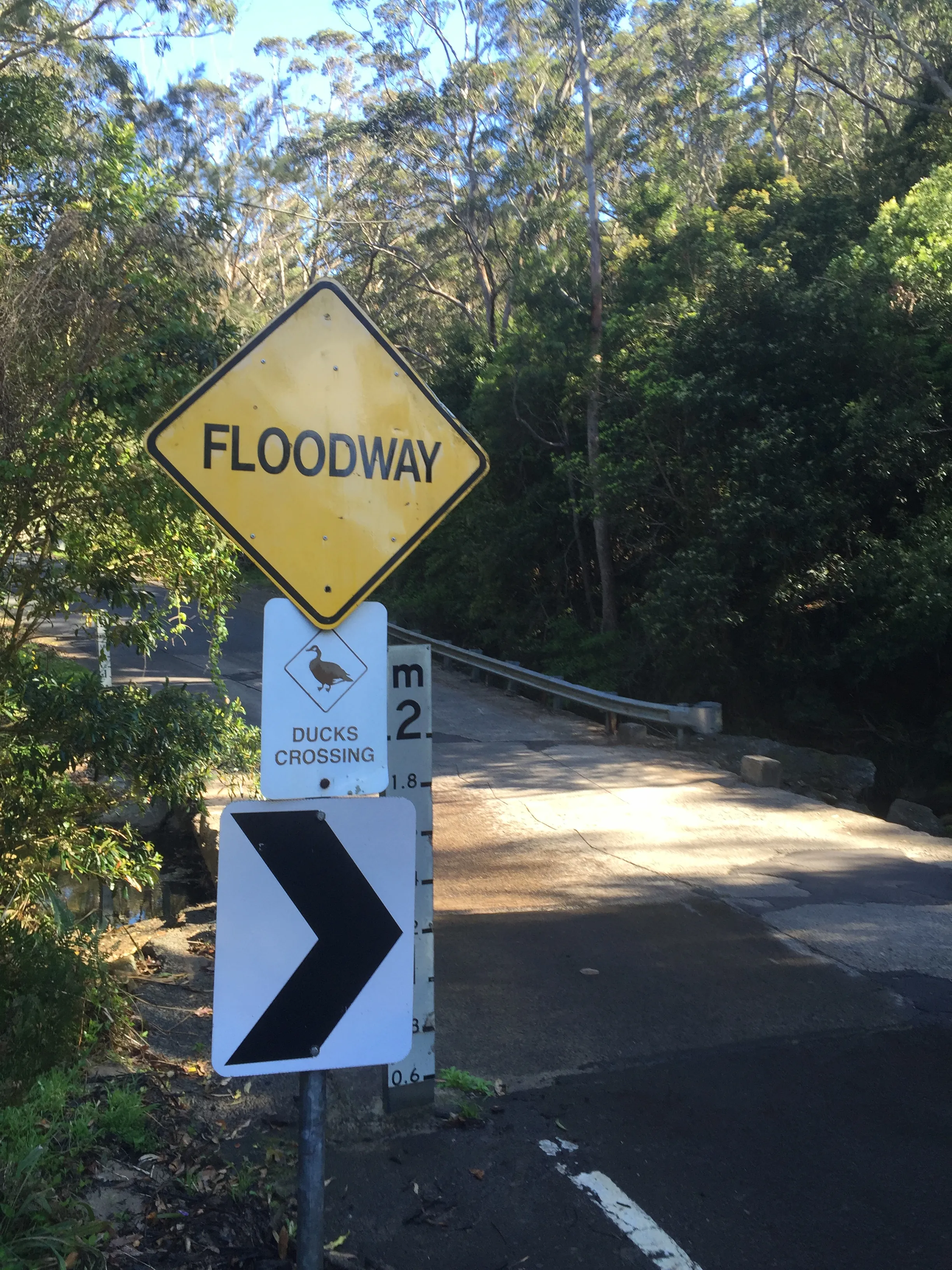Giant funnel bins are being installed at a dozen UK motorway service areas in north-west England. The bins, either 1.8m or 2.2m high, are next to Give Way lines at the exit of service area car parks. The bins allow both car and truck drivers to reach the half-metre-wide funnels from their vehicle window.
The road agency estimates that more than 40,000 sacks of rubbish were collected off motorways in the region last year.
It costs taxpayers an estimated €45 for each sack of litter collected from motorways – roughly the same cost as fixing a pothole, according to Highways England. Collecting rubbish close to fast-moving traffic can also put workers at risk.
Meanwhile, in Australia,
Main Roads has said the initiative is “generally” supported by road users.
“The amount of loose litter in parking bays is much less than when litter bins were present and there has been no noticeable increase in the amount of roadside litter,”
it said.
A serious side to England’s funny funnel bins
The UK and Australia are trying to reduce litter on motorways and free up maintenance teams to pursue more urgent – and less dangerous - work
Giant funnel bins are being installed at a dozen UK motorway service areas in north-west England. The bins, either 1.8m or 2.2m high, are next to Give Way lines at the exit of service area car parks. The bins allow both car and truck drivers to reach the half-metre-wide funnels from their vehicle window. Highways England is hoping that the bins’ ease of use will en
December 14, 2017
Read time: 2 mins
The UK and Australia are trying to reduce litter on motorways and free up maintenance teams to pursue more urgent – and less dangerous - work








